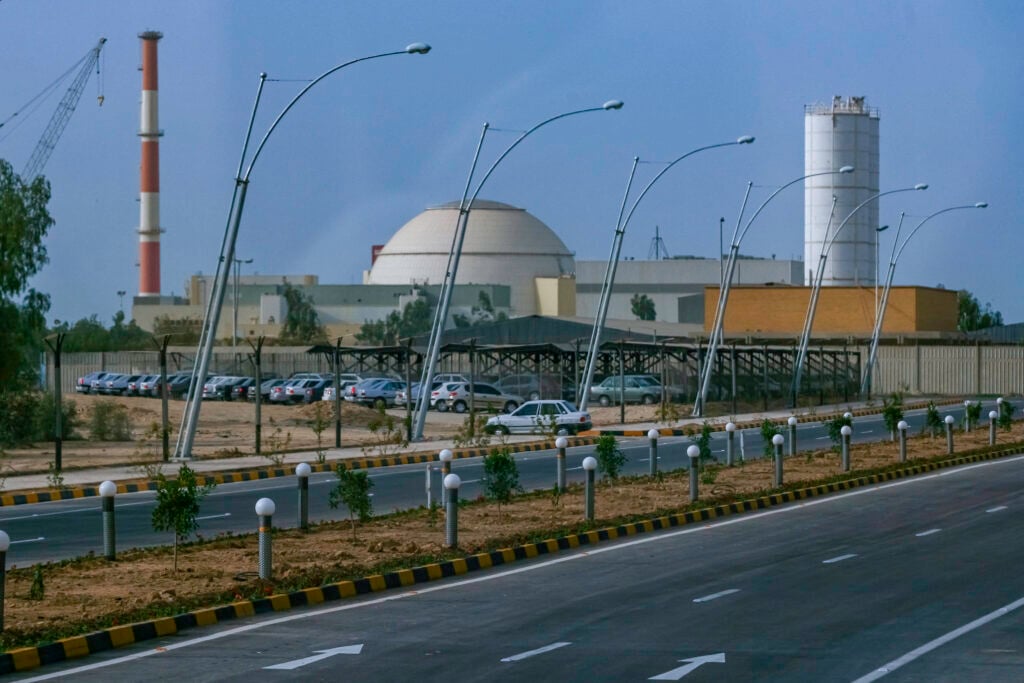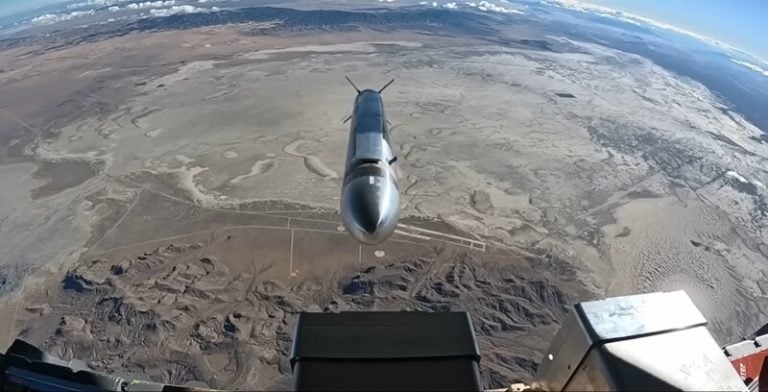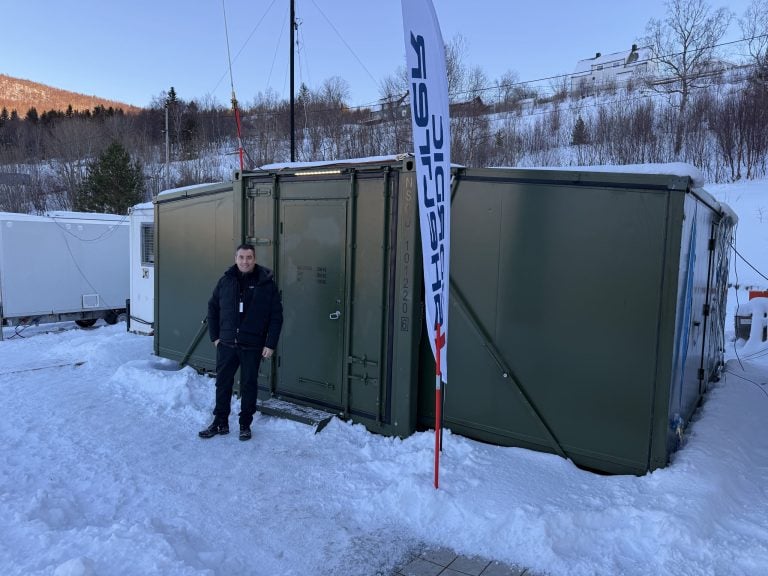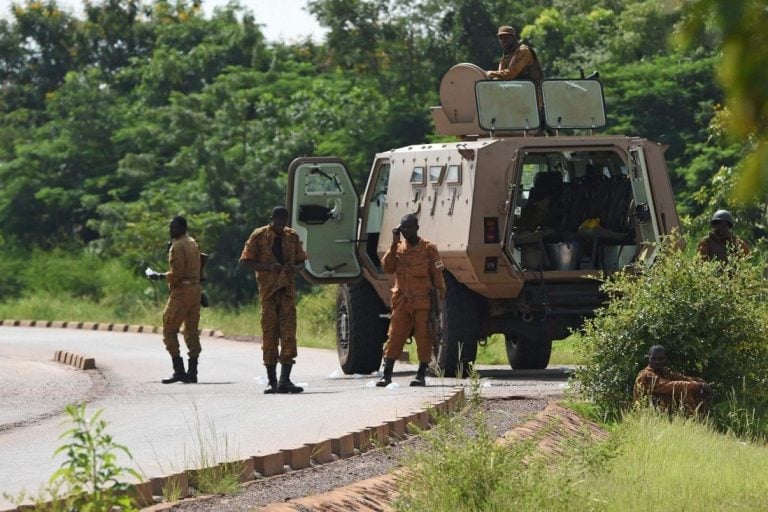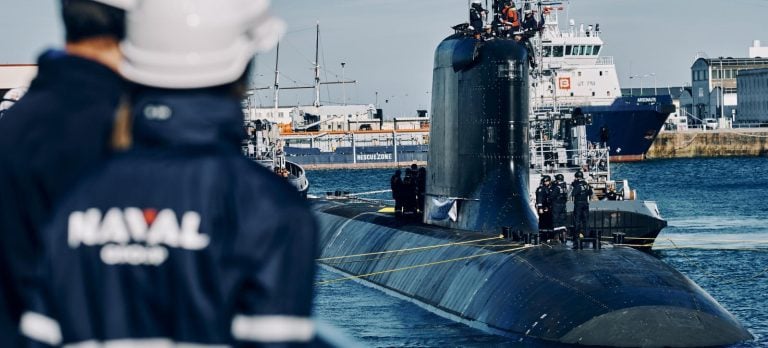Iran’s Foreign Minister has issued a stern warning to European powers, specifically the E3—Britain, France, and Germany—against supporting a draft resolution at the International Atomic Energy Agency (IAEA) that accuses Tehran of non-compliance with its nuclear obligations. Abbas Araghchi characterized the potential backing of this resolution as a “strategic mistake” for Europe.
In a post on social media platform X, Araghchi criticized the E3 for what he described as “malign action” at the IAEA Board of Governors. He emphasized that Iran would respond strongly to any infringement upon its rights and called attention to what he perceives as a pattern of politicized reporting against Tehran.
The resolution in question, expected to be supported by the European states alongside the United States, would accuse Iran of failing to meet its nuclear commitments. It also includes the threat of a referral to the UN Security Council if Iran does not demonstrate goodwill. Araghchi defended Iran’s track record, citing years of cooperation with the IAEA that previously debunked claims regarding a possible military dimension to the country’s nuclear program.
The backdrop to this warning includes a recent quarterly report from the IAEA that pointed to a “general lack of cooperation” from Iran, raising concerns about undeclared nuclear materials. Tehran has rejected these findings as politically driven, claiming they rely on “forged documents” linked to Israel.
Tensions escalate as indirect negotiations continue between Iran and the United States, mediated by Oman since mid-April. These talks aim to establish a new nuclear agreement, following the unraveling of the original 2015 deal after former President Donald Trump unilaterally withdrew the U.S. from the pact in 2018. Trump reinstated extensive sanctions on Iran, prompting Tehran to gradually roll back its commitments.
Currently, Iran is enriching uranium up to 60 percent, exceeding the 3.67 percent cap established under the 2015 agreement but falling below the 90 percent threshold needed for a nuclear weapon. In an interview with the Financial Times, IAEA Chief Rafael Grossi noted that while Iran does not possess a nuclear weapon at present, the country has the necessary material to develop one. He expressed concerns that Iran acquiring nuclear capabilities could instigate a cascade effect in the Middle East.
Grossi also signaled the potential for military action against Iran should the ongoing nuclear talks fail, a threat echoed by both the U.S. and Israel. The E3 countries are contemplating leveraging a “snapback” of UN sanctions through the dispute resolution mechanism of the 2015 deal, an option that will expire this coming October, marking the agreement’s tenth anniversary.
